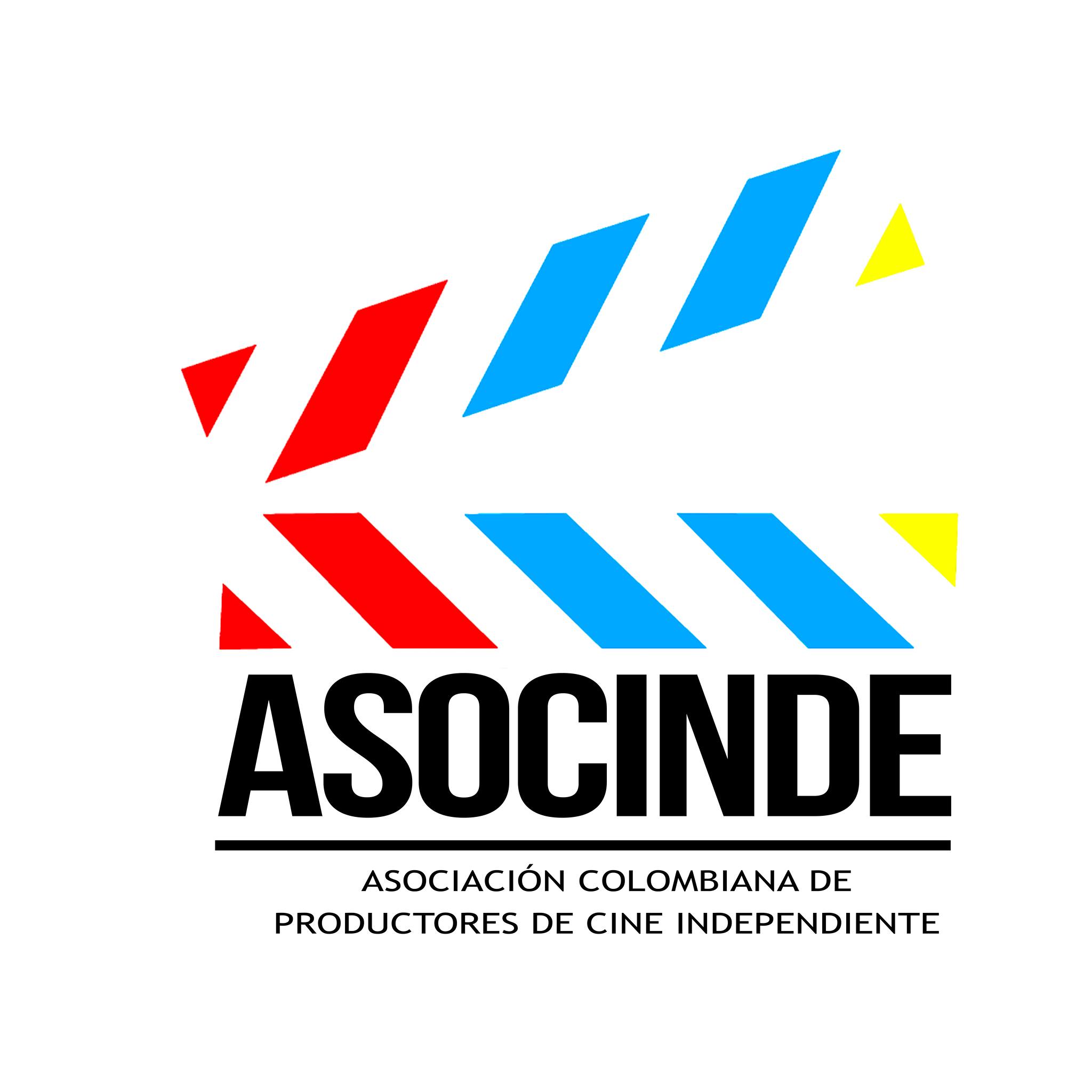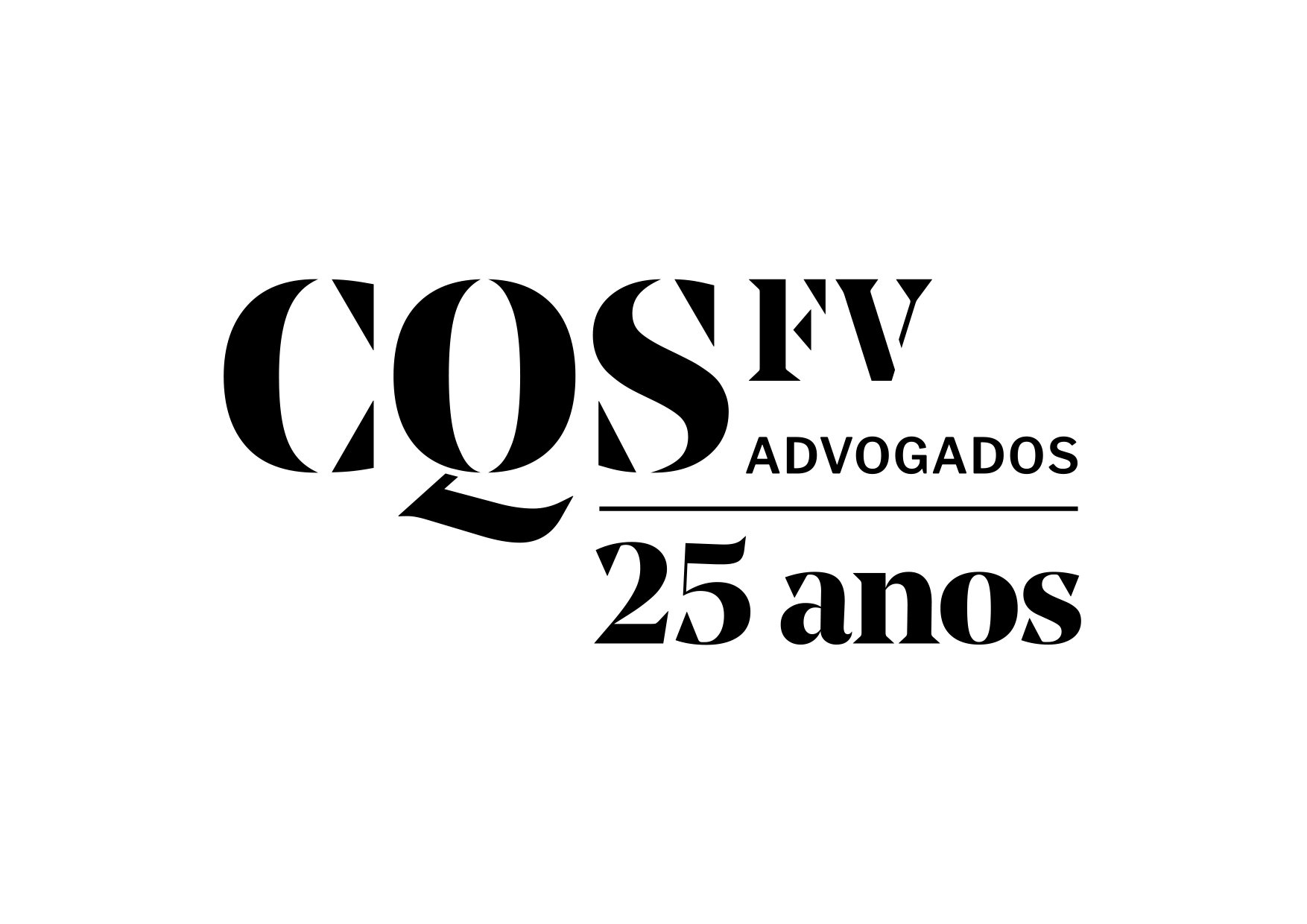Steve Solot, Chairman do Comitê de Propriedade Intelectual
Article published in the Magazine of the Câmara de Comércio Americana do Rio de Janeiro in December 2011.
1) Creative Industries
Creative Industries are among the most dynamic sectors of the world economy. The State of Rio de Janeiro acknowledged the importance of the “Creative Economic Sector” or “Indústria Criativa” a year and a half ago when, in a pioneer move, State Secretary of Culture Adriana Rattes created the Directory for Coordination of Creative Economies. The Ministry of Culture, under Minister Ana de Hollanda, followed suit and created the Secretariat of Creative Economy, nominating former State Secretary of Culture of Ceara, Cláudia Leitão, as Director. All are gearing up for the World Forum of Creative Economy (Fórum Mundial de Economia Criativa), scheduled for the end of 2012 in Rio de Janeiro.
Creative industries can be defined as those industries which originate in individual creativity, skill and talent and which have a potential for job and wealth creation through the generation and exploitation of intellectual property. The term was coined fifteen years ago in England when economists noticed that cultural activities were showing the highest growth. In fact, from 2002 to 2008, and despite the 12% decline in global trade, world trade of creative goods and services continued to expand, reaching $592 billion and reflecting an annual growth rate of 14%, according to the United Nations 2010 Creative Economy Report.
If adequately nurtured, creativity fuels culture and stimultes human-centered development and constitutes the key ingredient for job creation, innovation and trade while contributing to social inclusion, cultural diversity and environmental sustainability.
In Rio de Janeiro, a leading focal point for Creative Economies is the Genesis Institute housed on the PUC – RJ campus with four incubators for Technology, Culture, Jewelry Design and Community Social Development. The Genesis Cultural Incubator assists entrepreneurships of a cultural and artistic nature and offers methodologies and instruments for business development and management in all possible dimensions through support from consultants and interaction with University professors. The Genesis Incubators act as a conduit for knowledge transfer between universities and society, generating self-sustainable enterprises able to positively impact the economic development of the regions where they are located.
2) Intellectual Property
It is widely recognized that any analysis of the creative economy must consider the role of intellectual property, a key ingredient for the development of the creative industries in all countries. Intellectual property law, if properly managed, can ensure a source of revenue for both developed and developing countries.
At present, copyright products, including books, films, music, programs are the number one exports in the U.S., outselling clothes, chemicals, cars, computers and planes. As Alan Greenspan pionts out, “the economic product of the U.S. has become predominantly conceptual.” Supporting domestic creators and entrepreneurs engaged in the creation, production, marketing, broadcast or distribution of creative works is a key step towards cultural vitality and economic prosperity.
There exist many important and controversial areas of debate regarding specific topics relating IP rights and the creative industries such as: exclusive rights, moral rights, related rights, exceptions and limitations to copyright, the collaborative approach, Creative Commons licenses, etc. As IP becomes a global and national policy issue, with increasing complexity and interaction in competences, the challenge will be to maintain an equilibrium in the overall system while balancing ownership and access rights, ensuring socially equitable solutions, and empowering a broader range of participants.
As Rio de Janeiro moves toward development in all areas in consonance with the overall national economic growth, there is a clear and significant potential for contribution of the creative industries to the State’s economy. With the World Forum of Creative Economy (Fórum Mundial de Economia Criativa) drawing near, there is a huge opportunity for Rio to assume a leadership position for international consensus building in this crucial area.












